SLC S22 Week 1 - Herbs for children
20 comments
Hello my steemian fellows! I warmly welcome you to the season 22 of the Steemit Learning Challenge. This is the week 1 and today we will learn about the herbs for the kids.
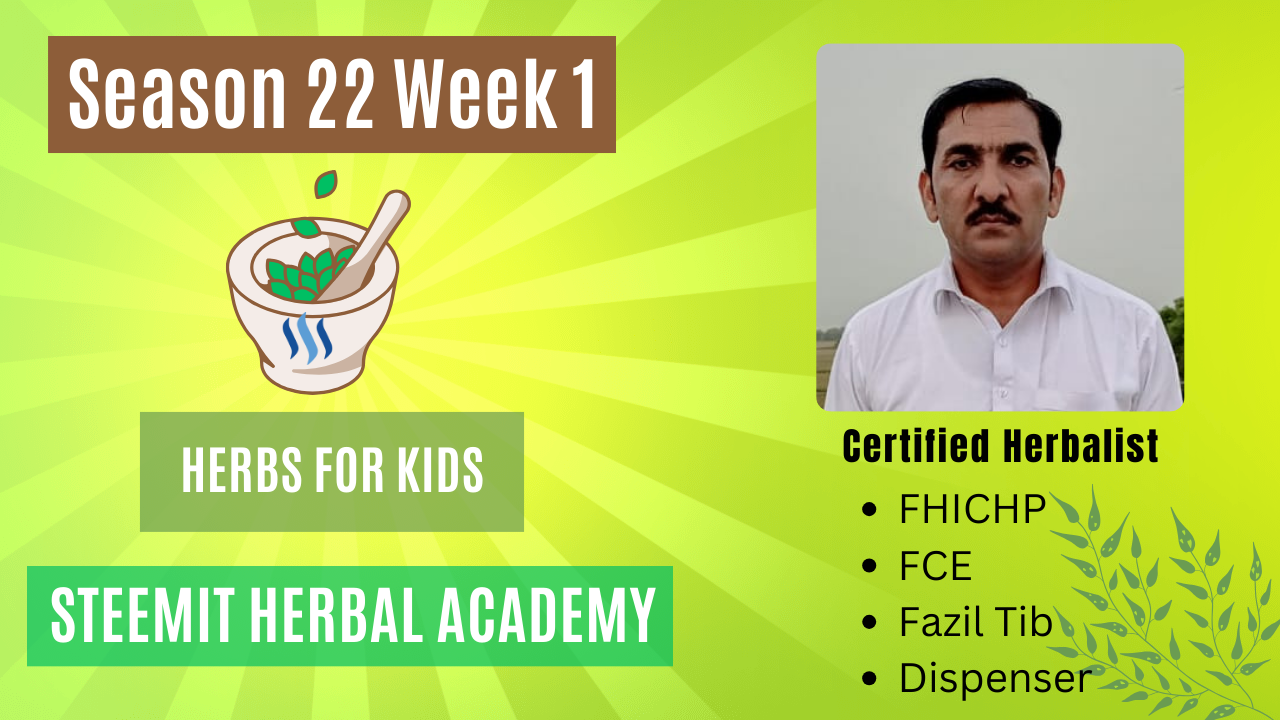
Safe Herbs for children
Herbs are some gentle yet potent remedies to help in treating the common complaints in children such as sleep disorders, digestive problems, and colic. While some are safe and useful, others should be avoided due to risks. Herbs for children: safe and unsafe, listed under sleep, digestion, and colic.
For Sleep
Chamomile
Some of the safest and most potent herbs used in inducing sleep in children are chamomile that operate to lower restlessness, anxiety, and irritability, allowing them to be easily placated to fall into deep sleep. Preparing to make mild tea out of it requires infusing 1/4 teaspoon of dried flowers in hot water cool before feeding to children above 6 months; it also quiets the digestive system.
Peppermint
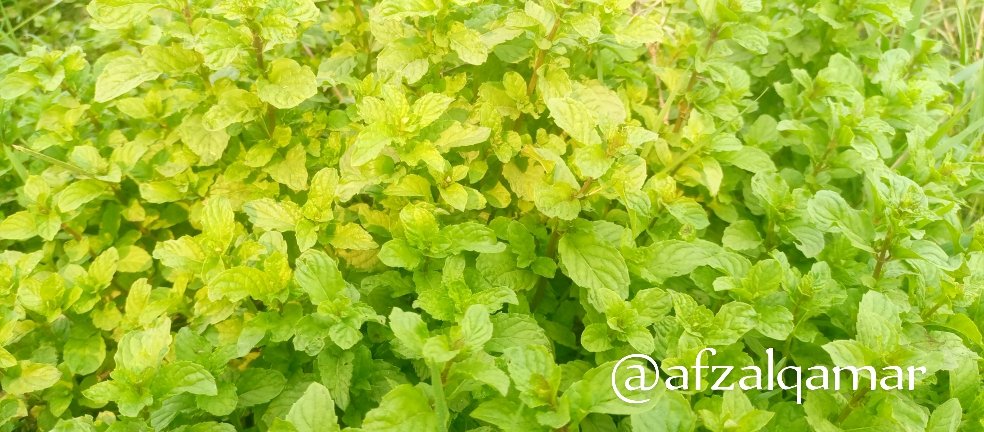
Peppermint is an excellent herb for calming and sleeping. The aroma calms the nerves, and the mild sedative effect soothes the child after a busy day. A weak tea of peppermint is innocuous for children aged 2 years and more and can be given in small sips just before bed time. Peppermint can also aid digestion due to relief of stomach cramps and nausea.
For Digestion
Marshmallow Seeds
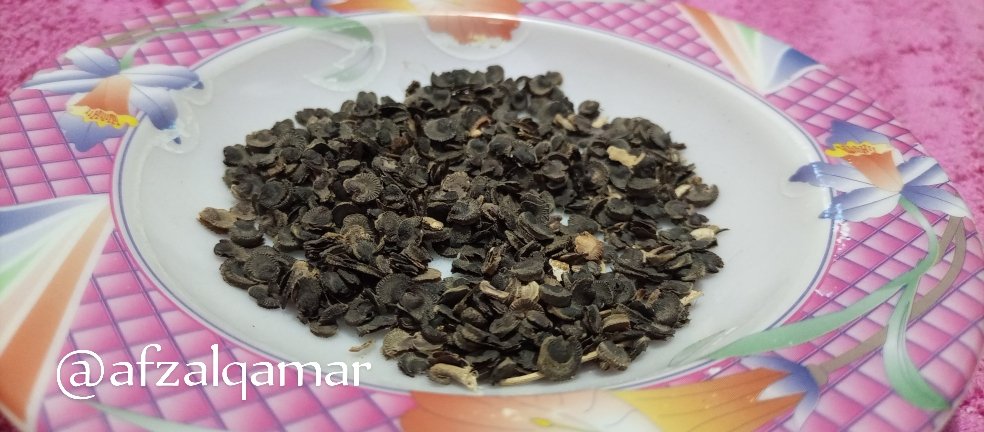
Marshmallow root is a harmless herb which calms irritation and inflammation to the digestive tract. This herb creates a slime on the inner layer of the stomach; so this can be given to a child who is only experiencing mild gastritis or acid reflux. An infusion is soft enough to make by adding 1 teaspoon of marshmallow root to water and leaving it in some time, and then draining before serving it in tiny servings.
Fennel
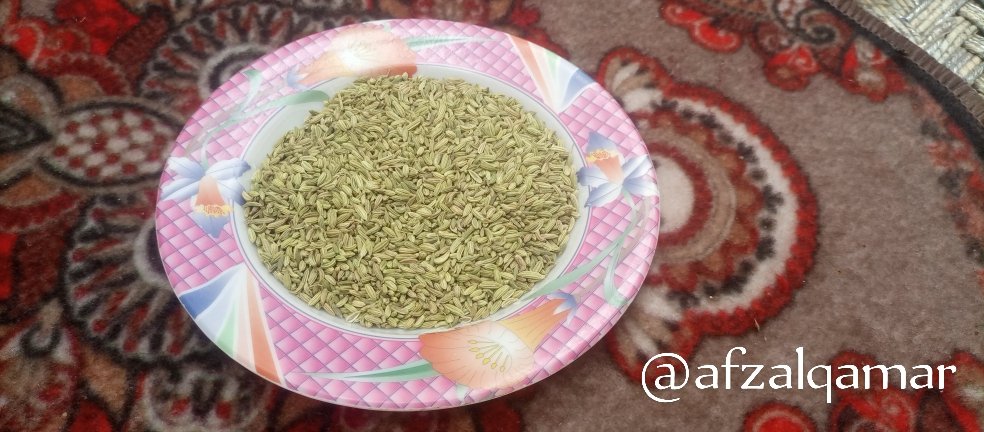
Fennel can be fed as a herb, which can easily overcome the difficulties of gas, bloating, and indigestion by the child. The reason for that is fennel having a natural antispasmodic properties, thus acts as an outstanding soothing agent over the abdominal part. A baby more than 6 months of age is given low dosages of fennel tea by taking a pinch or 1/4 teaspoon of fennel seeds with minimal dosages in the hot water. It is a good purgative in the respect that it induces diarrhea and dehydration in children, so it should be avoided totally.
For Colic
Licorice root
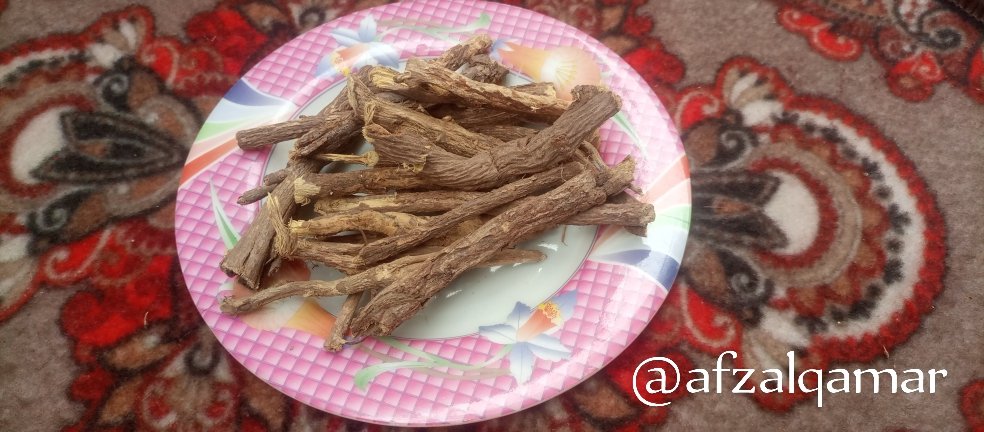
Licorice root is also an herb, which is a help in a case of colic because it calms the digestive system through anti-inflammatory action. However, it must be applied to children above 1 year only in a very weak preparation. It is avoided for frequent use due to its extremely strong properties.
Carom Seeds
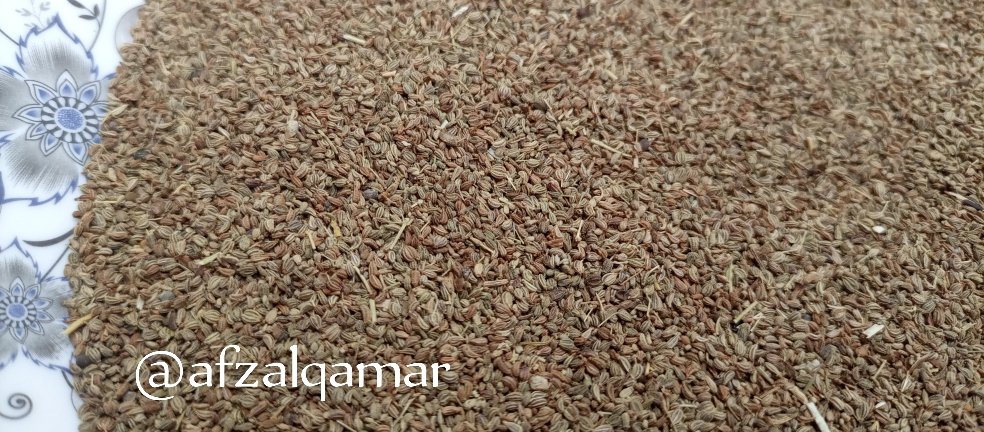
Carom seeds are the best drugs for the management of colic and pain caused by the presence of gases in the stomach. As an antispasmodic, the action reduces the pain in the abdomen. Use 1/4 teaspoon of carom seeds in water, boil and cool, administer 1–2 teaspoon of liquid to crying or colicky infants. Star anise and cinnamon oil cannot be used as their safety cannot be determined.
In this regard, proper selection of safe plants and elimination of bad-for-kids plants will have significant leeway for the support of the children naturally. Only after consulting your child's pediatrician, introduce no plants to the child.
Colic herbal remedy for children
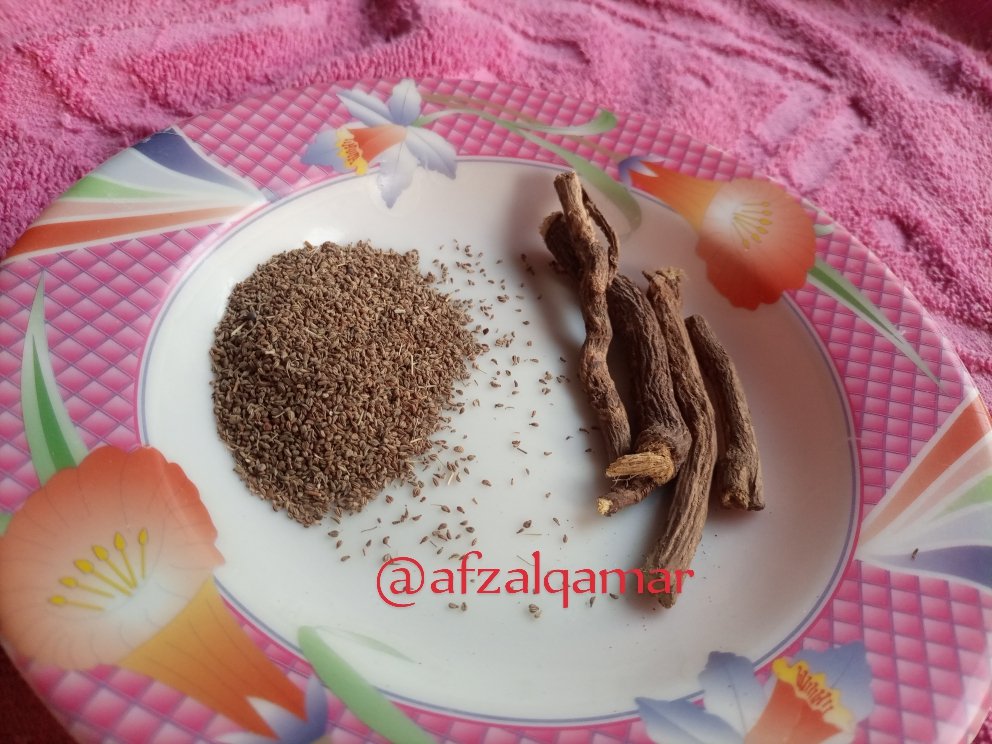
This is a famous remedy which is known almost every month, I am going to tell you in a very easy way. It is used to relieve stomach ache and indigestion in children. This is a simple recipe that you can easily prepare at home.
Method of making and quantity
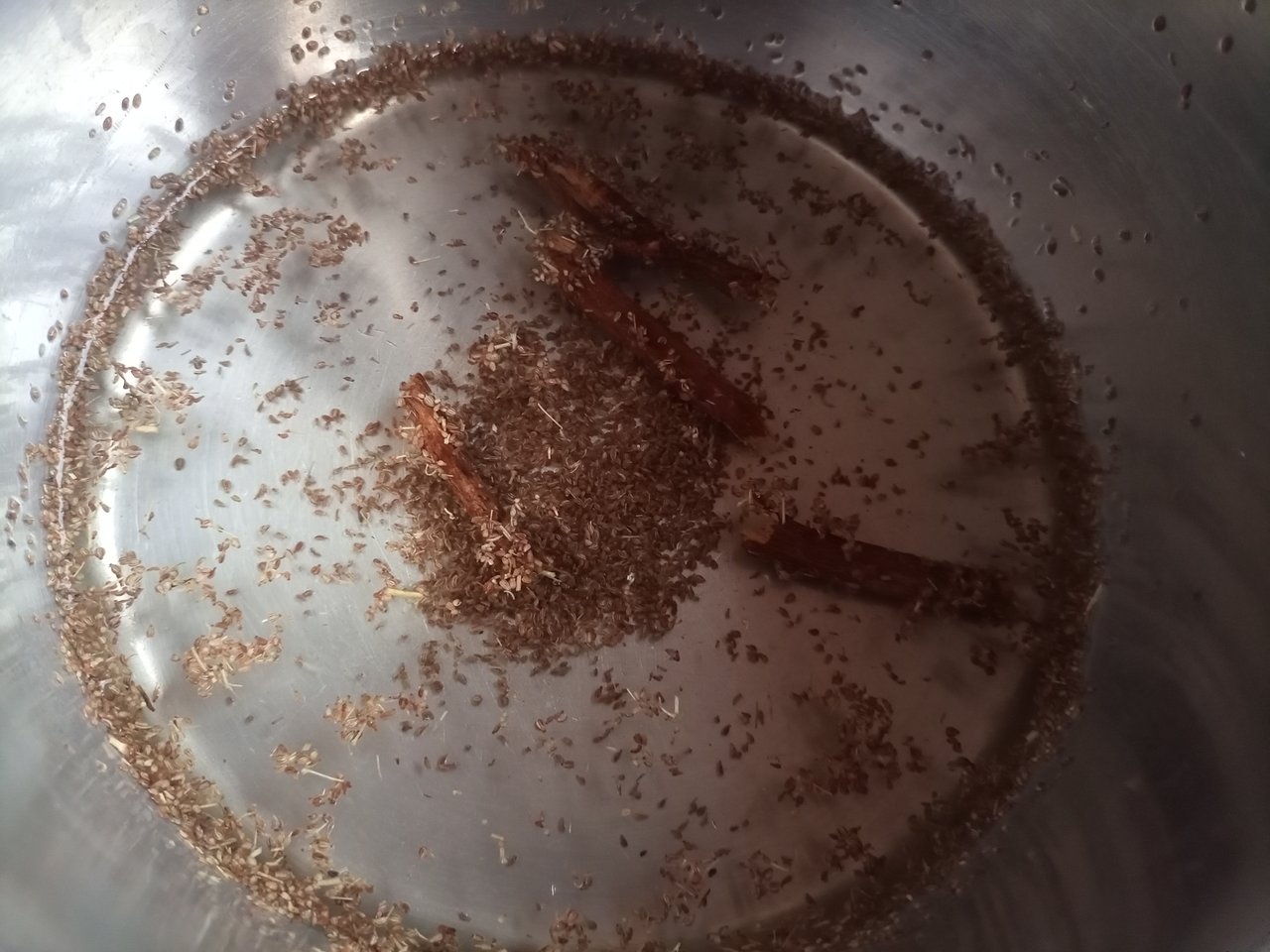
- Licorice a small piece or a 1/4 teaspoon of powder
- 1/2 teaspoons of caroms seeds
- 1 cup of water
Preparation
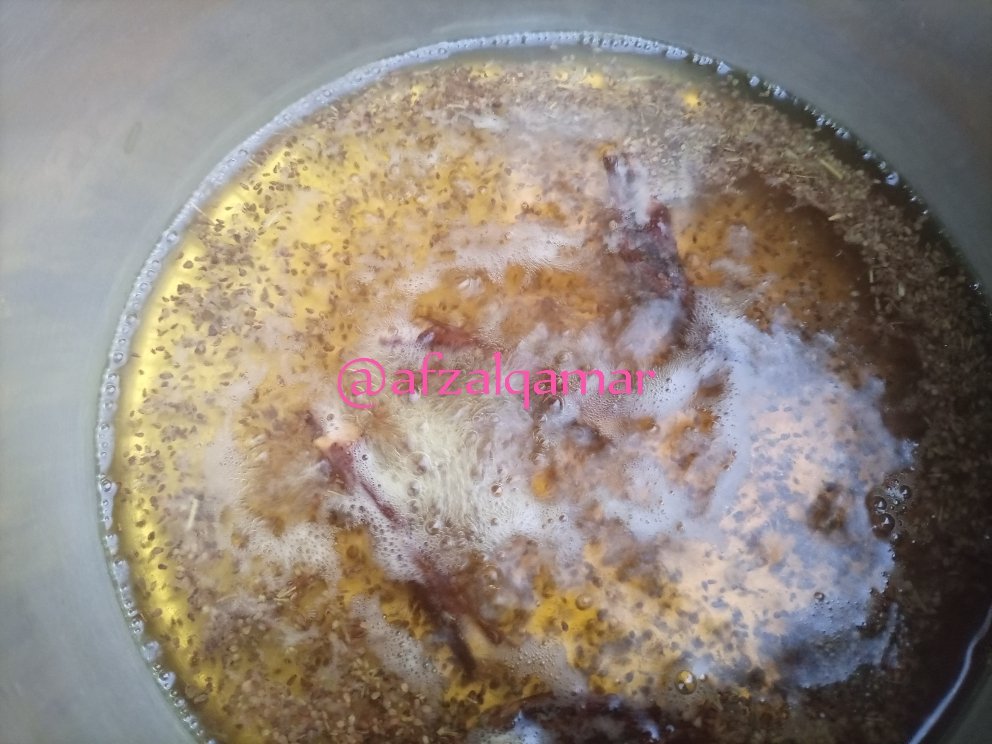
One cup of water into a small pot and put the herbs in it according to the quantity given above. Now boil it for five to seven minutes and then filter it. To improve the taste, if the baby is above one year, add a small amount of honey.
Dose
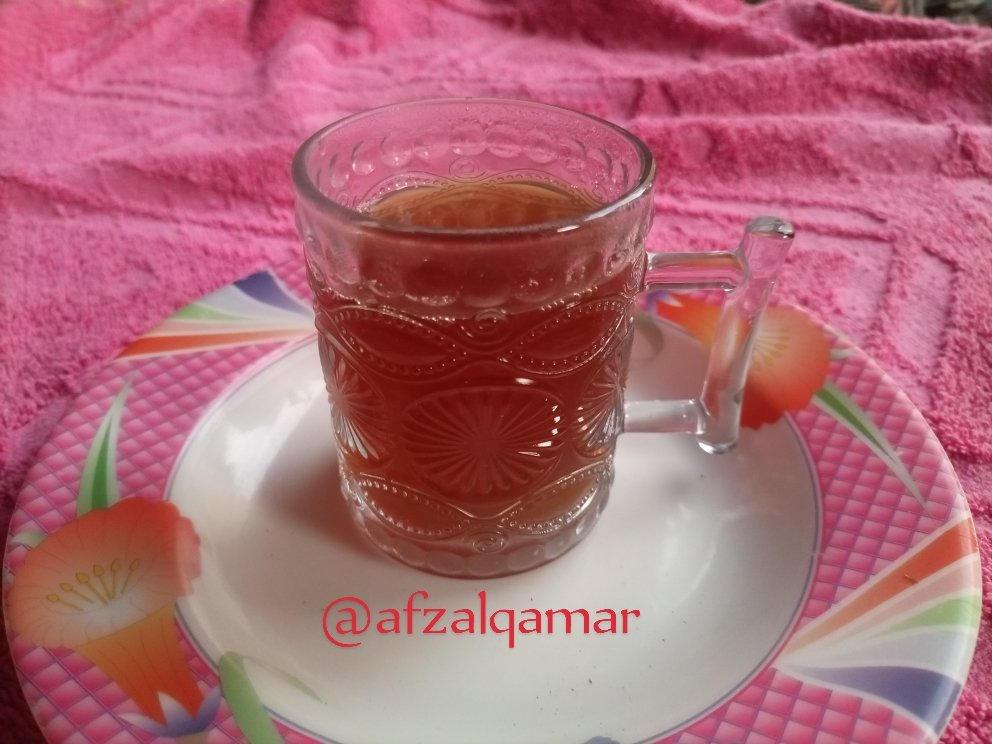
For infants 1/2 to 1 spoon 2 or 3 time in a day.
For above two year kids 1 to 2 spoon 2 or 3 time in a day.
Avoid giving honey to children under one year of age.
Herbal Remedies for Common Ailments
There are natural remedies which can be used for the common ailments about the children such as for teething pain, low grade fever, and stomach upsets. Here are the safest and most effective herbal treatments for the said conditions.
Teething Pain
This has been a long-standing treatment for the teething because it said that it comprises of weak anesthetic alongside analgesic properties. This tiny amount of water diluted clove oil could be dropped slowly at one area of a baby's gum, thereby relieving his pain due to its numb of the affected area, making temporarily soothe the soreness in that portion on the gums when babies undergo the time of being at teething.
Extract of Hemp
Hemp extracts, especially CBD-based, rise with the awareness of the product in helping reduce pains. Yet, even though the world may need more research on these products, research indicates that CBD has an effect of relieving pain and swelling and even in children for teething. CBD products must be used specifically designed for children and only after consulting a pediatrician.
Mild Fever
It is Tulsi or Holy Basil-a sacred herb used as an immune booster. The leaves of it prepare tea, which makes a patient sweat and this sweating cools his body. It is also antimicrobial and anti-inflammatory. It would surely help reduce the fever and thus would relieve the symptoms of the patient with a mild illness.
Garlic
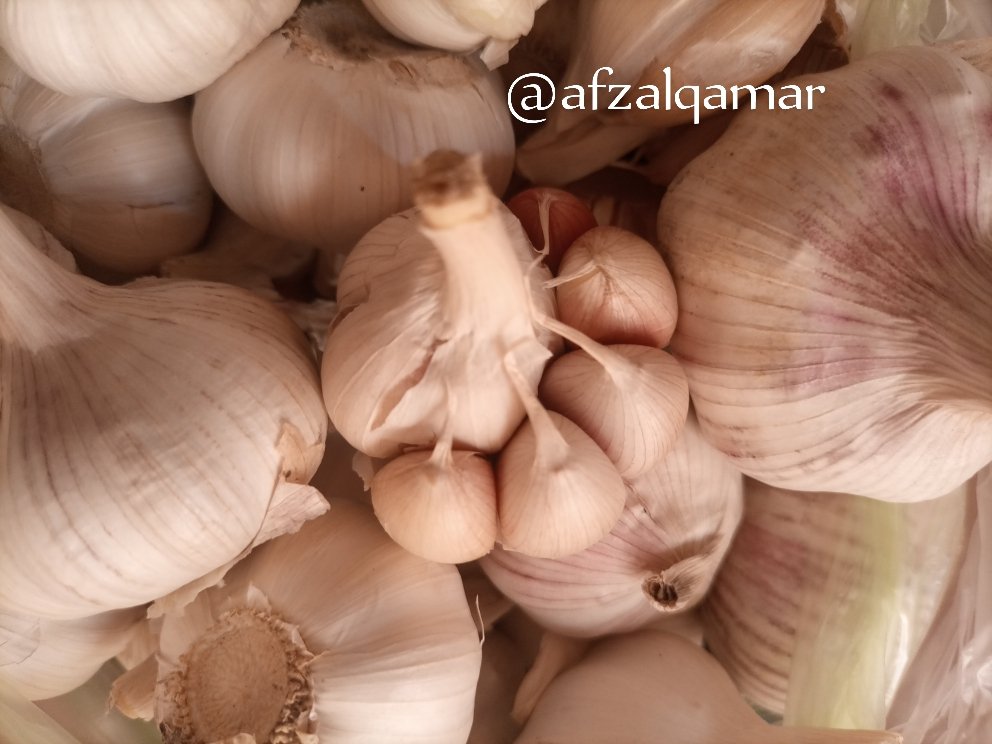
It also exhibits antibacterial and antiviral properties that make it effective. One can take it by the form of administering it to a patient by warm, mild garlic infused oil massaged on his chest or feet or within the food that he should be consuming for an immunology boost.
Tummy Troubles (Loose Motions)
It is traditionally used to manage the digestive issues. Its chemical composition is anti-microbial and anti-inflammatory. It soothes the stomach. A pinch of ground nutmeg in lukewarm water or milk can be given to the kids to comfort down diarrhea in them. However, its potency should be taken by minute quantities only.
Coriander Seeds
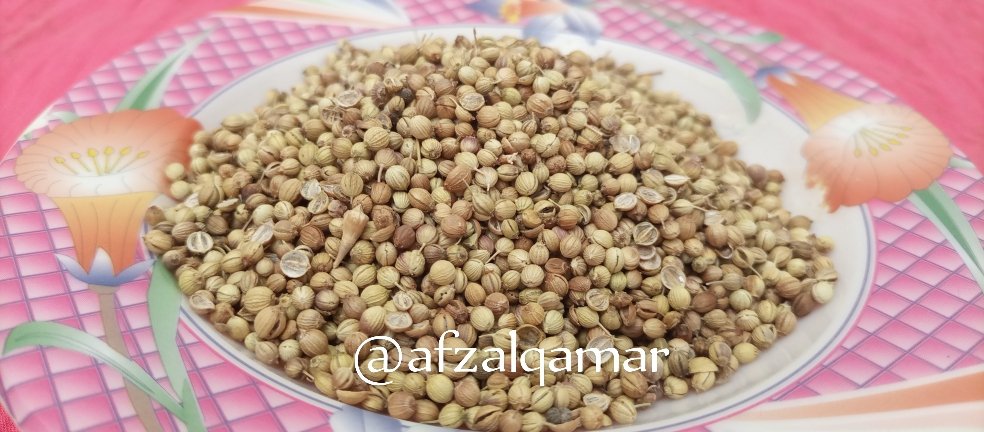
It seems that coriander seeds act soothingly to the digestive system, not causing overfilling with gas or bloating which often leads to belly ache. There is lightly prepared coriander seed tea prepared by crushing the seeds and boiling in water, useful in relieving diarrhea and irritation of the stomach.
Most of these herbal remedies are given to support the health of children safely and naturally, especially when they are experiencing teething, fever, or stomach upsets. However, before any new herbs are introduced, it is always best to consult a healthcare professional for advice.
Dosage Guidelines – Adjusting Herb Quantities for Children
Herbs cannot be the same for children since there must be dosage adjustments; children have different tolerance and sensitivities compared to adults. This therefore means that it is a guarantee that all those herbs used are effective as well as safe. Below are general guidelines as to how to adjust quantities based on age and the preparation of the herb, for example, in the case of tea, tincture, or powder form.
General Dosage Guidelines
Infants (0-6 months):
Avoid Herbs and Herbal remedies at all in infants younger than 6 months unless your doctor specially recommends these. For young ones if herbs are used, must use minimal quantity in diluted amount and strictly given on recommendation of professional.
Babies (6-12 months):
Mild weather can be given some diluted herbal tea, and the amount is about 1-2 teaspoons of brewed and cooled tea. Preparations from herbs must be applied at diluted concentrations, without including essential oils or highly concentrated tinctures, in this age.
Toddlers (1-3 years):
For infants under three years of age herbal teas 1/4 to 1/2 cup may be used for many minor complaints that could include gastrointestinal upset, colic, or mild teething. Dilute tinctures at least to, for example, 1 to 2 drops in water or juice.
Children (4-6 years):
Herbs Children can often be exposed to slightly higher concentrations without harm. Herbal teas, in the quantities of around 1/2 to 1 cup, or tinctures, in the amount of 2-5 drops, diluted in water or juice, are unlikely to pose serious danger. Dried herbs may be added to food, or to liquid.
Older Children (7-12 years):
Older children can usually tolerate stronger herbs and will sometimes request herbal teas (1 cup), tinctures (5-10 drops), or powdered herbs (1/4 to 1/2 teaspoon) for specific aches and pains. This will vary again depending on the child's size and health and any allergies or sensitivities that emerge over time.
Adjusting Quantities by Herb Type
Herbal Tea
Teas containing herbal items would turn out the pain-free but gentle integration of the herbal ingredients by children.
Infants : 1 -2 teaspoons brewed tea at room temperature
Babies (6- 12months): 1/ 4 of diluted tea solution
Toddlers: 1 /4 to half cup
Child: Half to 1 full cup
Old children: 1 cup
Tinctures are highly potent herbal preparations, so shall be given in the minimal doses possible in infants.
Infants: Tinctures should never be given unless prescribed by a pediatrician
Babycare (6 - 12 months): 1 - 2 drops in water - Toddler: 2 - 3 drops diluted in water or juice - Children: 5 - 10 diluted in water or juice - Other children: 10 -15 diluted in water or juice.
Powders
Powdered herbs should be used cautiously for children. They can be added to food or liquids:
- Infants: Small pinches of powdered herb (after 6 months, with a healthcare provider’s guidance)
- Toddlers: 1/4 to 1/2 teaspoon mixed with food or liquid
- Children: 1/2 to 1 teaspoon
- Older children: 1/2 to 1 teaspoon or more, depending on the herb
Extracts and Capsules
The extracts and capsules must be taken cautiously to younger children. The pediatric guide is always followed or a doctor consulted to the correct dose given.
- Older Children: Small doses
This dose shall depend on the prescription made for that particular drug.
Important Considerations
Consult your Health Care Provider: Never give herbal remedies to any child without consulting a doctor first, especially when the child is less than 1 year old. In this way, the correct herbs are given to babies.
Quality of Herbs: Only pesticide-free, high-quality herbs are to be given. All herbs applied to children must be safe for their age. Only one herb should be administered at a time, and reaction for allergy or sensitivity must be watched.
The dose and the nature of herbal remedy to be given can be altered based on the age and condition of the child for safe and effective management of common complaints.
Safety Concerns
Herbal medicines indeed do well with children only if used right. Some herbs are very potent or even dangerous to the child. Proper storage and use will make it safe to use by the kids and effective in those herbs. Here are some safety precautions in connection to the use of herbs on kids:
Herbs to Avoid on Children
Some herbs are poisonous to children, and they act especially when being used in higher doses and improperly. Some of those include the following:
Arnica
Arnica is applied to bruises and sprains but causes irritation or allergic reaction on the skin of the children. It is never used safely internally for children, and usage should always be done properly on intact skin.Eucalyptus
Eucalyptus oil is highly toxic upon oral administration or undiluted topical application on infant and children's skin. As it induces respiratory distress it is not used in infants who are less than 2 years old.Sage
Sage is a culinary herb but is so overpowering at higher doses. It dries up the mouth and causes irritation of the gastrointestinal tract. It should not be given during pregnancy and in children less than 2 years of age.St. John's Wort (Hypericum perforatum):
Probably the best-known herb that may be said to exert some influence as an antidepressive, although can cause a medication interaction or has undesirable effects in children mainly on mood or behavior, St. John's Wort is only given to a child when prescribed by a health care provider.
Administration Techniques for Herbal Remedies
Proper administration is key to ensuring that herbs are both safe and effective for children. Here are some best practices for administering herbal remedies to kids:
Start with Small Doses:
When introducing a new herb, start with a small dose and gradually increase it if no adverse reactions occur. This allows you to monitor how the child reacts to the herb and prevent any negative effects.Use Herbal Teas:
Herbal teas are one of the safest methods of giving children herbs. Be sure to brew a mild tea, diluted if needed, and serve it in sips. Always let the tea cool before giving it to the child.Avoid strong tinctures for young children:
Tinctures are concentrated herbal extracts and should be used cautiously for children, especially for those under 5 years old. If you do use tinctures, dilute them in water, juice, or milk, and give in small quantities based on age and the herb's strength.Use Topical Herbal Applications Sparingly:
If using herbs like chamomile or lavender in a topical form, such as oils or creams, be sure to dilute them thoroughly and always test a small area of skin for allergic reactions before using this product more liberally.Ask Your Healthcare Provider:
Always consult a healthcare provider or herbalist before giving any herbal remedy to a child, especially for babies and young children. Some herbs can interact with medications or health conditions.
When using herbs for children, safety is the top priority. Ensure you are using appropriate herbs for their age, store them properly, and administer them in a safe manner. Avoid potentially harmful herbs and always consult a professional when in doubt. This approach will help ensure that herbal remedies can be a safe and effective option for supporting children's health.
Homework
- Teething Remedy: Create a teething pain remedy. Describe the preparation and application method.(3)
- Research Assignment: Research three herbs safe for children and explain their health benefits.(2)
- Herbal Remedy for Bedwetting: Make herbal remedy to cure the bedwetting probelm in kids. Write the recipe, preparation steps, and observations.(3)
2 marks will be allocated based on the quality and originality of the images as well as creativity.
Rules for Participation
Publish your post on your blog or in any community.
Post must be #steemexclusive.
Post must be free from plagiarism and AI.
Use your country tag such as #pakistan.
Use course specific tag, #herbalmed-s22w1 so that I can find your post easily.
Use your own images of the herbs and add watermark of your username.
Post the link of your post under the comment section of this post.
Share your post on social media such as X.
Invite at least 3 of your friends.
Use #burnsteem tag only if you have set 25% to @null
The participation schedule is between Monday, December 16, 2024 to Sunday, December 22, 2024.
Your post should be minimum 800 words.
Use the title: SLC S22 Week 1 - Hebrs for children
Note
All Steemian members can use the herbs have a same benefits available in your countries,You can use them in all remedies.
But don't use same herbs in all remedy.
Rewards
SC01/SC02 would be checking on the entire 15 participating Teaching Teams and Challengers and upvoting outstanding content. Upvote is not guaranteed for all articles. Kindly take note.
At the end of the week, we would nominate the top 4 users who had performed well in the contest and would be eligible for votes from SC01/SC02.
Important Notice: The selection of the four would be based solely on the quality of their post. Number of comments is no longer a factor to be considered.
Comments